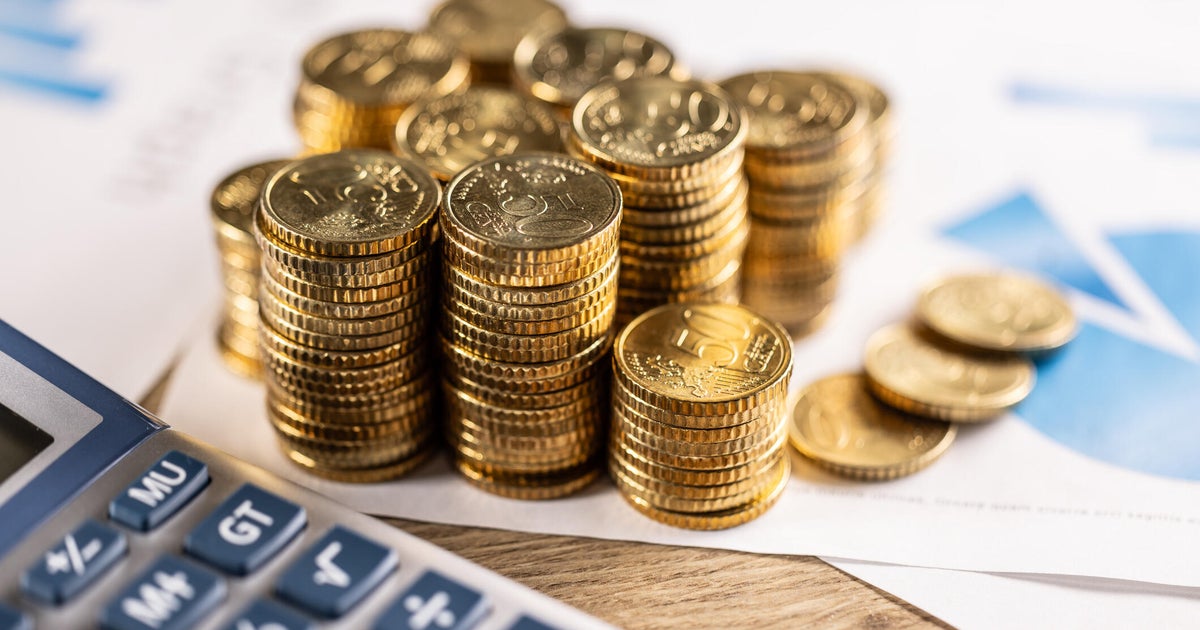Should you convert your cash savings to gold?
Gold as an investment vehicle has withstood the test of time. Human beings have sought out the precious metal for thousands of years, and the interest in gold investing only seems to be growing. If demand for gold continues to tick upward, the price of gold is also likely to increase.
Right now, though, inflationary conditions are also driving down the value of the dollar. So, it can be difficult to protect your cash from losing buying power.
Considering that inflation remains persistent in today's economic environment, you may be wondering if it's smart to convert all of your cash savings into gold. In short, the answer is probably not, but it could be wise to invest some of your money in the precious metal. Here's what you need to know.
Compare your gold investing options now.
Should you convert your cash savings to gold?
There are a few reasons you may want to think twice about converting all of your cash savings to gold. For starters, your cash is an important source of funding when emergencies happen. Although gold is liquid, you may not be able to turn it into cash immediately — limiting your funding options when emergencies do happen. And, financial markets are cyclical. That means there are positive and negative cycles to consider. If you need your money when gold is on a downward trend, you could face significant losses.
Then again, it can be smart to invest some of your money in the yellow metal. But, "less than 5-10% of a portfolio should be gold," says Alex Blackwood, CEO and co-founder of Mogul Club. "You can hedge inflation, but when looking for higher returns, look to something with equity value."
Find out how easy it is to add gold to your portfolio today.
Reasons to add gold to your investment portfolio
You probably shouldn't convert all of your cash to gold, but there are also clear reasons why you may want to add some of the precious metal to your investment portfolio. These include:
Gold is a diversification tool
Gold has little in common with assets you would normally find in an investment portfolio - assets like stocks and bonds. As a result, when stocks and bonds fall in value, investors tend to rush to gold in an effort to keep their portfolios safe. That uptick in demand usually sends gold's price up - making it possible for gains in the precious metal to offset losses in other assets.
This diversification value often means that when you invest in gold, you're able to increase your portfolio's risk-adjusted returns.
Gold offers a hedge against inflation
Inflation can be detrimental to your investment portfolio. After all, if your money doesn't produce a return that's at least equal to the rate at which prices are rising, it could be losing buying power. Unfortunately, many safe-haven investments — especially those with interest-based returns — fail to keep up with inflation.
Gold is a unique safe haven asset because it acts as an inflation hedge. This is due to gold's historical tendency to climb in value when the dollar falls. So, the precious metal may help you maintain the value in your portfolio during periods of high inflation.
Gold's price could tick higher ahead
With prices hovering around $2,030 per ounce, gold is trading near record highs. That's a clear indicator that there's demand for the precious metal. And, that's important because the economic principle of supply and demand is a leading factor in the growth of the price of gold.
Should demand continue to tick upward, the price of gold is likely to follow. So, adding the precious metal to your portfolio now allows you to take advantage of any potential gains ahead.
The bottom line
It's probably not a good idea to convert all of your cash savings to gold. After all, doing so could make accessing cash a challenge if and when an emergency arises. On the other hand, chances are that you could benefit from allocating at least some of your investment assets to the precious metal. Compare your gold investing options to add the precious metal to your investment portfolio now.




